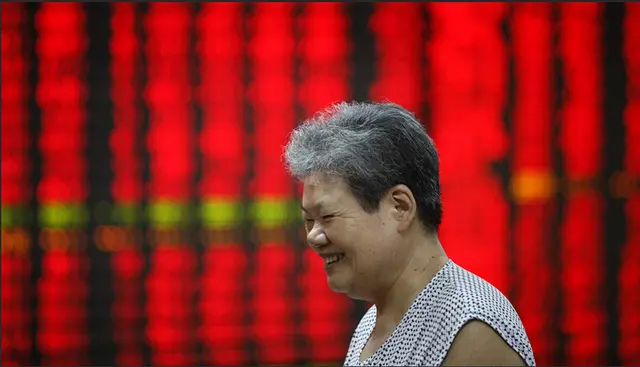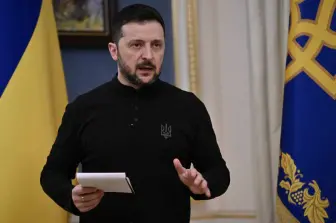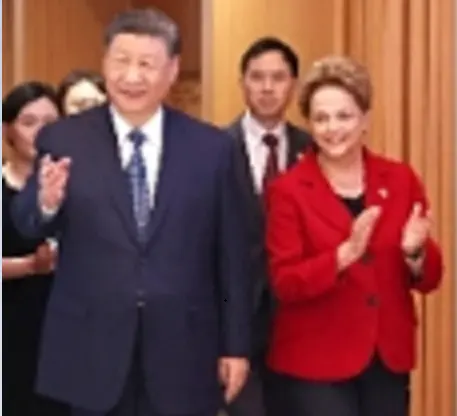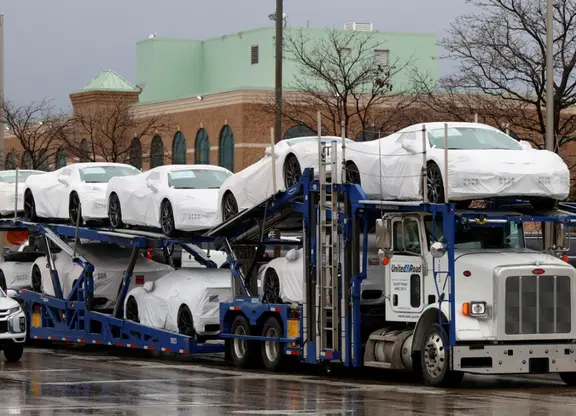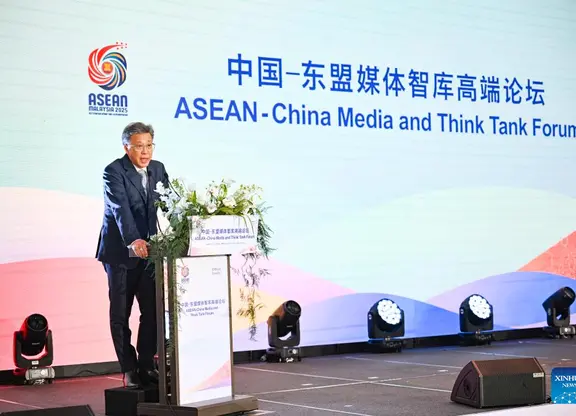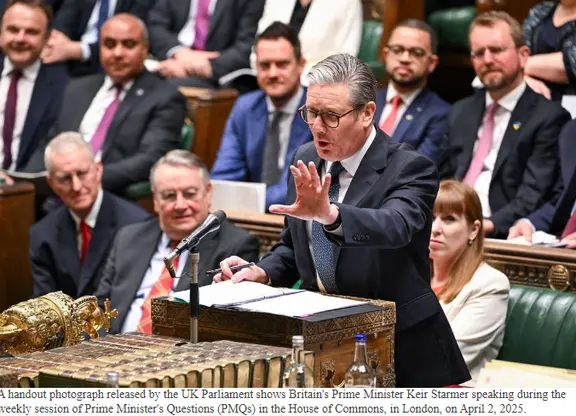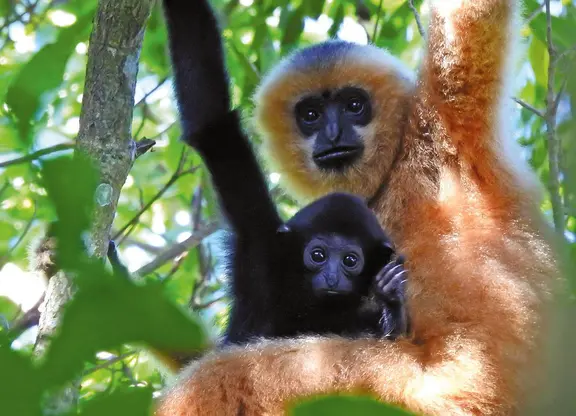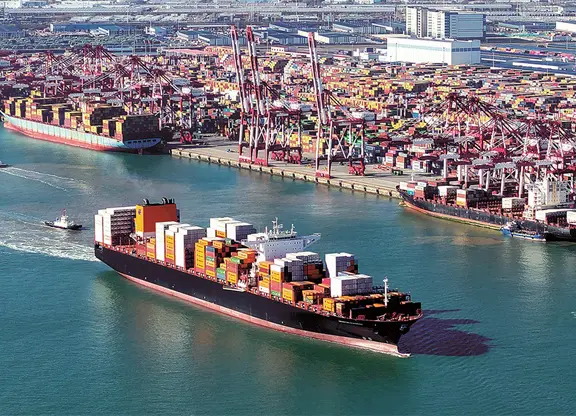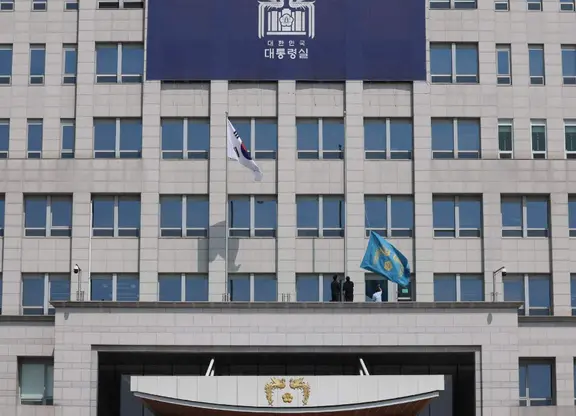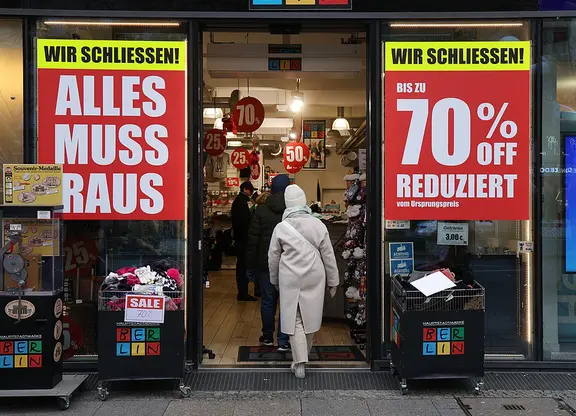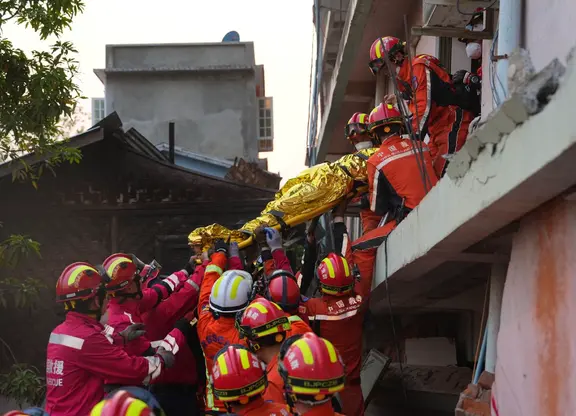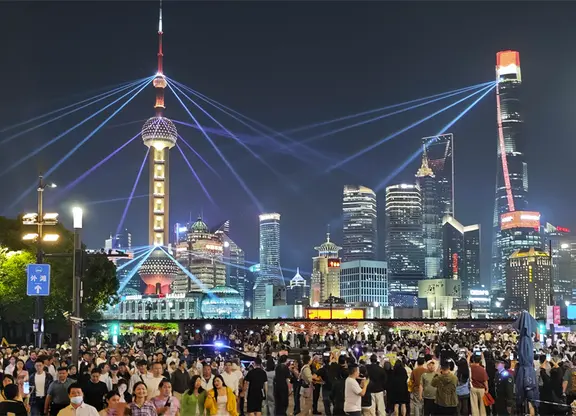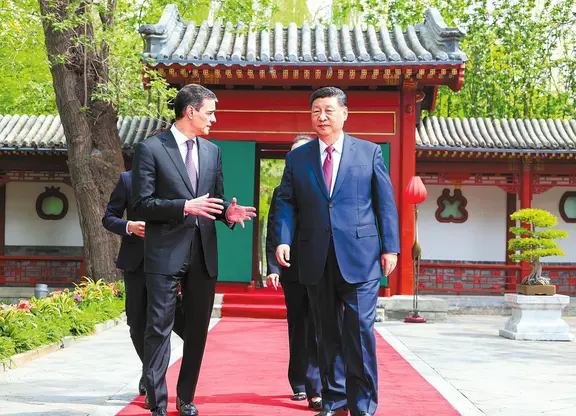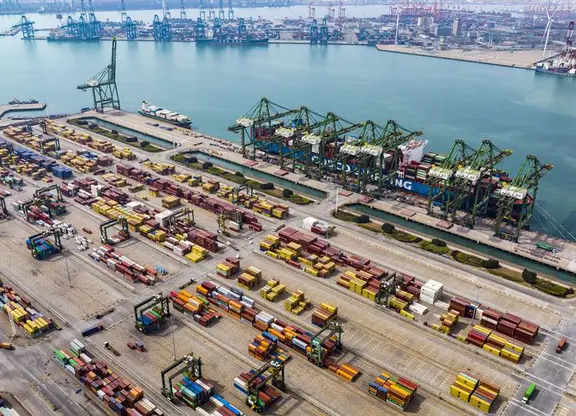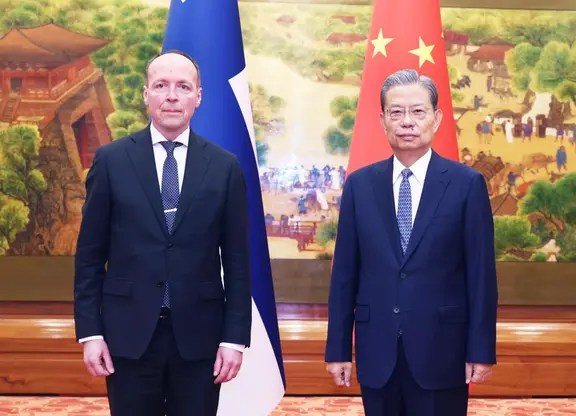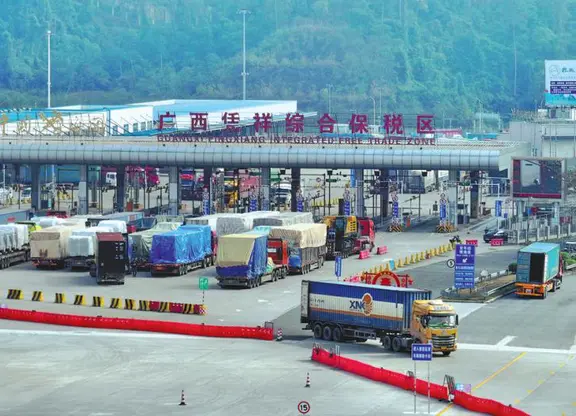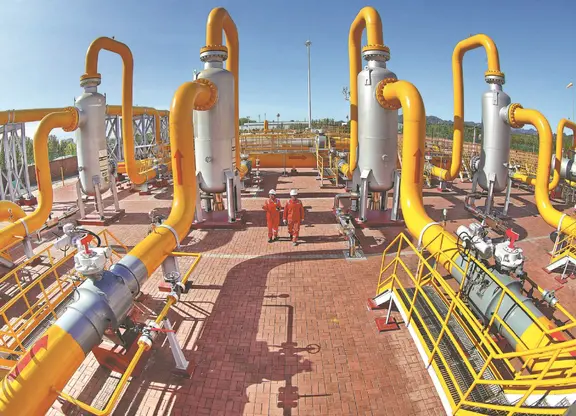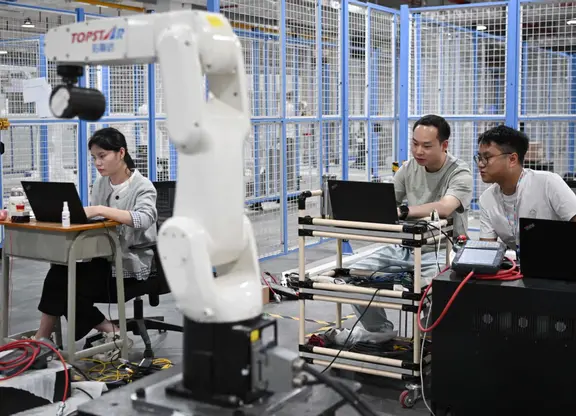Parliamentary elections in the southern Afghan province of Kandahar, due to be held on Saturday, will be delayed by one week following the assassination of the powerful provincial police commander, officials said on Friday.
Hafizullah Hashimi, a spokesperson for the Independent Election Commission, said the decision to delay the vote had been taken because the people of Kandahar were "morally not ready to vote" following the death of the commander, General Abdul Razeq, who was killed by a rogue bodyguard of another top official on Thursday.
Razeq was shot dead outside the provincial governor's office when the bodyguard opened fire on a group of officials as they left a meeting with General Scott Miller, the commander of US and NATO forces in Afghanistan.
A file photo of General Abdul Razeq in his office in Kandahar Province, Afghanistan, August 4, 2016.
Miller was not injured but the regional intelligence agency commander was killed and the provincial governor severely wounded, decimating the leadership of one of the country's most strategically important provinces.
Razeq was one of the most powerful political figures in Afghanistan and a formidable opponent of the Taliban, with unchallenged authority across the volatile south of the country.
US Defense Secretary James Mattis said it was too soon to say what effect Razeq's death would have but added that the US military's mission was unaltered.
"We need to find who's done this," Mattis told reporters traveling with him in the Southeast Asian city-state of Singapore. "But right now, we are going toward the election and we will continue to defend the Afghan people."
A man prepares a poster of a parliamentary election candidate ahead of the elections in Kabul, Afghanistan, October 18, 2018.
Thursday's attack underlines how precarious the situation remains in Afghanistan after more than 17 years of war and even after the Taliban and US officials have opened preliminary contacts to find a basis for future peace talks.
It was unclear how the attack would affect a peace process, following a meeting last week of Taliban officials and the US special envoy, Zalmay Khalilzad, but it complicates an already difficult situation.
(REUTERS)
 简体中文
简体中文

